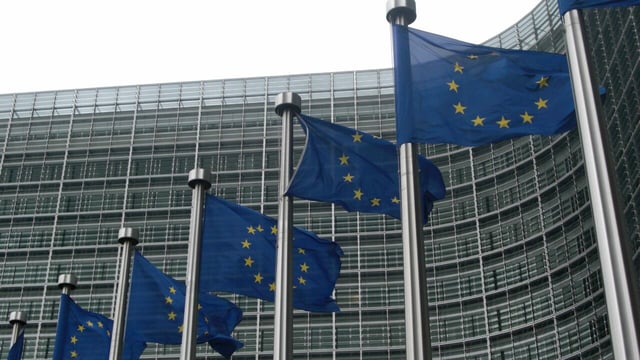Holidaymakers urged to know law on illegal plant and animal trade
Irish holidaymaker travelling abroad are being urged to know the law around illegal trade in plants and animals before they travel.
With the summer holiday season underway, Irish travellers are being urged to check before they buy, so they can avoid bringing home souvenirs that could attract the attention of the authorities.
The National Parks and Wildlife Service (NPWS) is calling on holidaymakers to be aware of the Convention on International Trade in Endangered Species (CITES) and its regulation on endangered plants and animals.
The purpose of these regulation is to protect endangered plants and animals from illegal trade.
CITES is an international agreement that, according to the NPWS, ensures that trade in wildlife specimens do not threaten the survival of the species in question.
More than 38,000 species are listed under CITES, and trade in these species or derivatives from them is illegal - including ivory; coral; reptile skin; feathers; certain orchids; wood and timber; and traditional medicines, among other products.
According to the Department of Housing, Local Government and Heritage (which is the government department responsible for the NPWS), many travellers unknowingly purchase souvenirs or products made from endangered species, unaware that it is illegal to bring them into Ireland or the EU without special permits.
These items can be seized or confiscated if they travel without the proper documentation.
Minister of State for nature, heritage and biodiversity Christopher O' Sullivan said: "Before purchasing a souvenir, please check with the seller to confirm whether the item contains any plants or animals listed under CITES.
"If you are in doubt, don’t buy. Illegal trade in endangered species is detrimental to their survival. Checking before you buy will help protect nature," the minister added.
"Many people don’t realise that everyday souvenirs - such as ivory trinkets, coral jewellery, reptile skin products, certain orchids, and traditional medicines - can be illegal to bring into Ireland under CITES regulations," he said.
"These items may seem harmless, but their trade threatens endangered species and can result in confiscation at the border," Minister O' Sullivan added.





